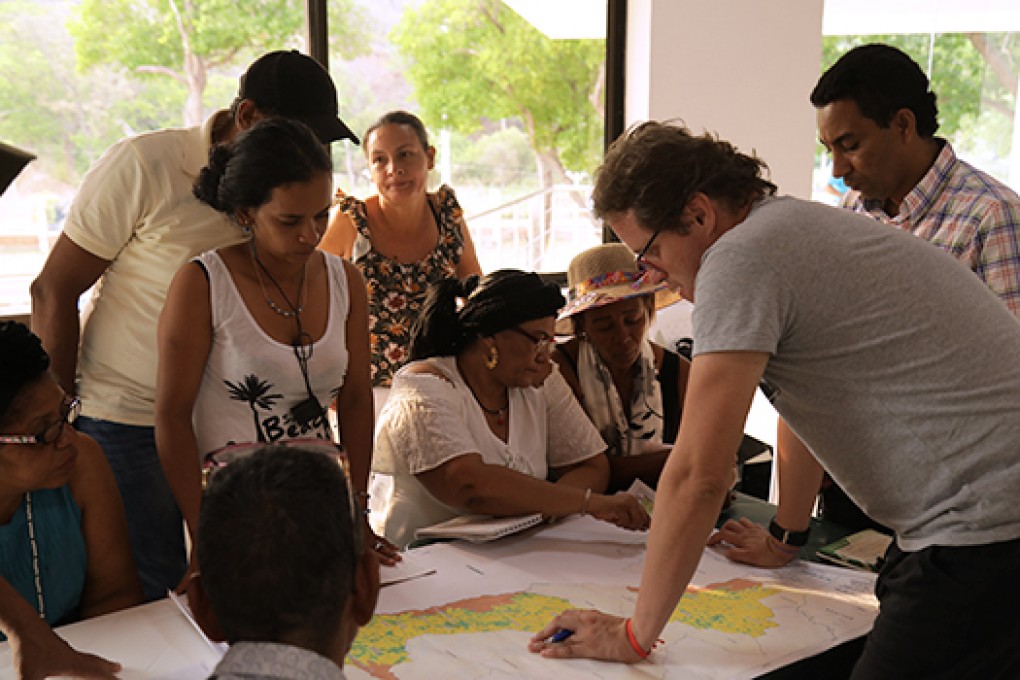New York, January 25, 2021—"You cannot deliver 500 kilograms of transitional justice,” explains a high-level UN official in a new ICTJ report released today that explores the theoretical and practical challenges of measuring the results of transitional justice processes. These processes, which are intended to deliver justice and reaffirm the dignity of victims, are complex, politically contested, and not necessarily linear. As a result, they are notoriously difficult to evaluate.
Measuring Results and Monitoring Progress of Transitional Justice Processes tackles these challenges head on, including those related to gathering data, registering unintended outcomes, reporting progress, providing feedback to interventions, and extracting useful information to establish impact. Based on ICTJ’s extensive experience and interviews with practitioners, policymakers, academics, and professional evaluators in the transitional justice field, the report offers key insights related to and tools for evaluating and monitoring transitional justice processes and assessing their impact. In an effort to reach as many practitioner, policymakers, and civil society actors as possible, the report is available in English, Arabic, French, and Spanish.
“For the most part, transitional justice, and the programs supporting it, are monitored and evaluated using the same logical frameworks, performance management tools, and evaluation criteria that were originally designed for fairly straightforward development and aid programs, like food delivery,” explains ICTJ’s senior design, monitoring, and evaluation expert and author of the report. “However, these methods alone cannot be applied in a one-size-fits-all manner to complex transitional justice processes, which are often underway in some of the most fragile and resource-poor countries on earth.”
Read the full article here.


